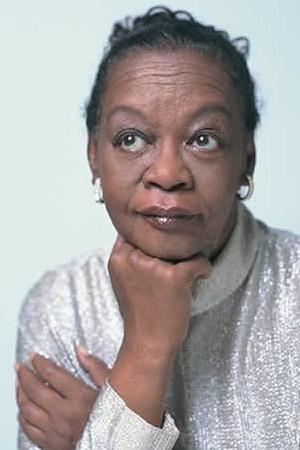

Ruth de Souza inaugurates the existence of black actresses on stage, television and cinema in Brazil. She carries within her the genesis of an important part of the achievements for black women over almost a century of life. At the age of 95, surpassing 70 in her career, amidst reflections and memories, a dialogue was born between two generations of black artists, Ruth and the director.

Between scenes from his concert in São Paulo's oft-inaccessible Theatro Municipal, rapper and activist Emicida celebrates the rich legacy of Black Brazilian culture.

Passionate about the magic of cinema and historically imposed on a place of invisibility, prejudices and stereotypes, how can women challenge, break with oppression, look after precious archives, play remarkable characters, produce and direct successful films? The documentary illuminates the trajectories of dreams, challenges and victories of talented Brazilian women in our audiovisual sector.
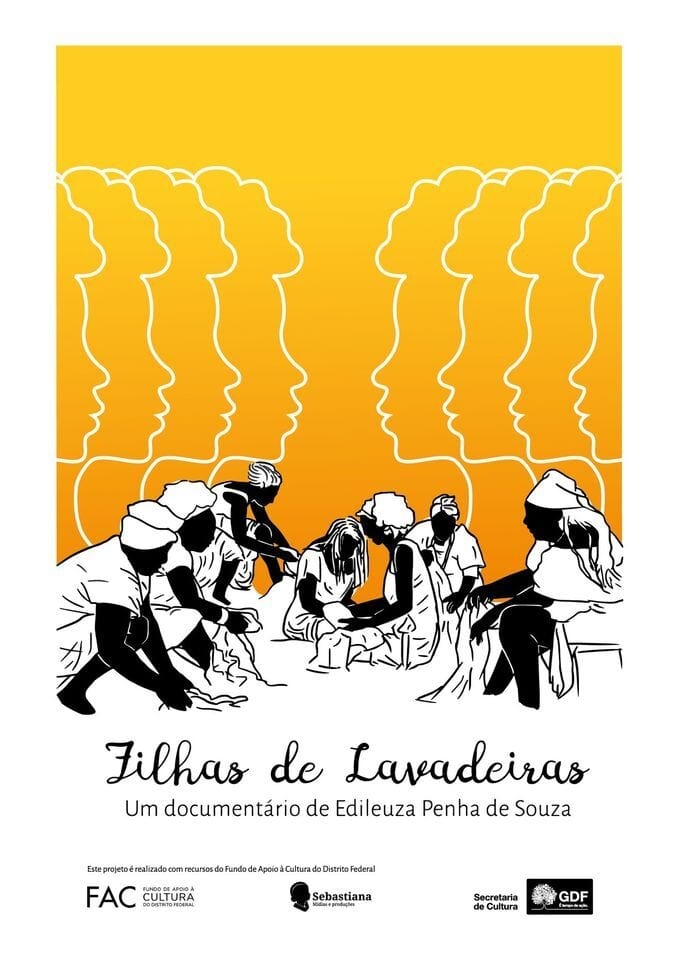
Stories of black women who, thanks to the relentless toil of their mothers, were able to attend school and retrace the paths treaded by their ancestors. Their memories, joys and sorrows become present as a possibility for a new fate, transforming the hard work of the washerwomen in a spectacle of life and fulfillment.

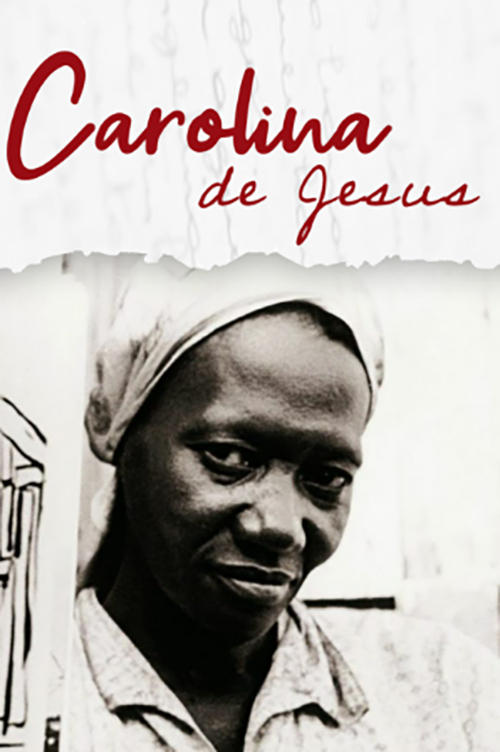
The documentary tells the story of writer Carolina Maria de Jesus, who became a success in the 60s and, since then, has inspired writers and artists such as Ruth de Souza, Zezé Motta and Conceição Evaristo.
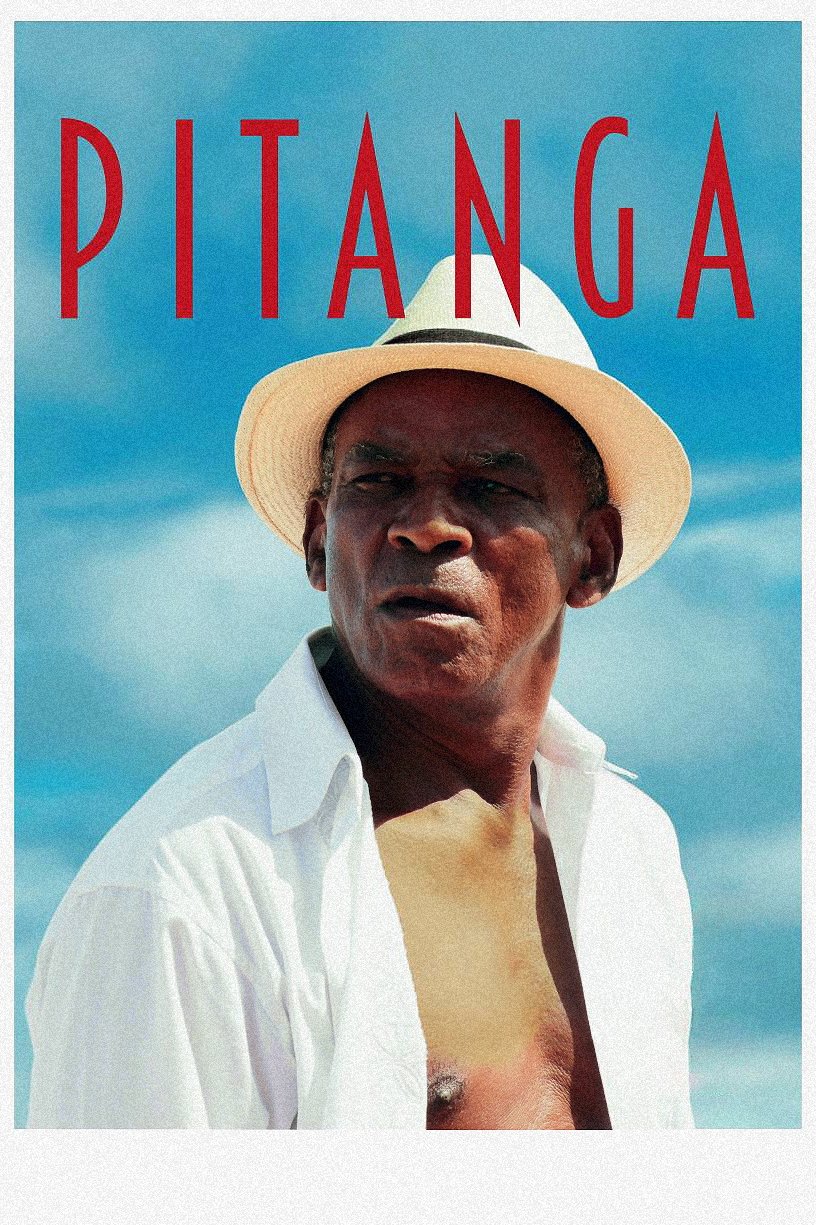
This documentary investigates the aesthetic, political and existential trajectory of emblematic Black Brazilian actor Antônio Pitanga. His career spans over five decades, and he has worked with iconic Brazilian filmmakers Glauber Rocha, Cacá Diegues and Walter Lima Jr. He was a prominent figurehead and outspoken activist during the Brazilian dictatorship, a period of unrest in Brazilian cinema. "Pitanga" deep dives into the world of Antônio and the history of Brazil. The documentary was directed by his daughter Camila Pitanga, one of widely recognised faces in Brazilian television and cinema right now. The film is also a poem, and a tender ode to fatherhood.
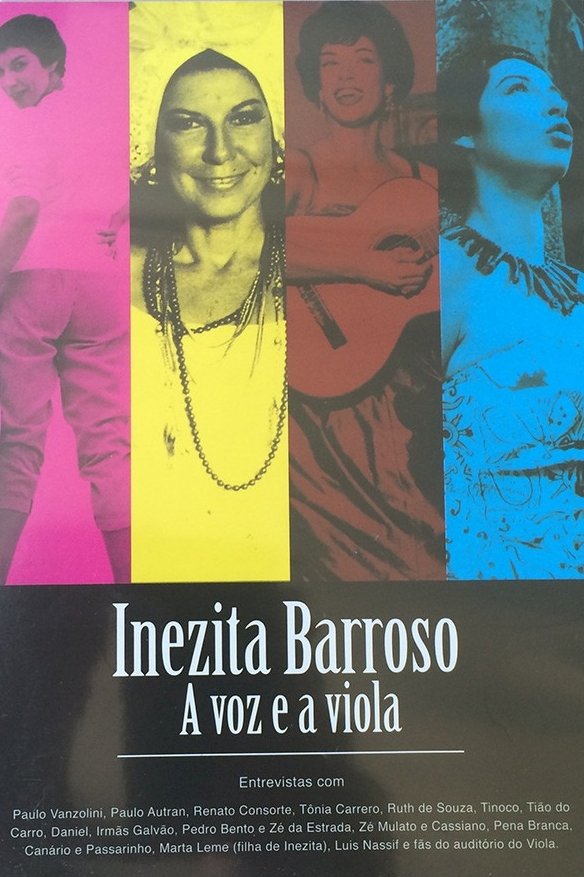

Human cloning. The Islamic world. Two young people, two different cultures, two different beliefs. An impossible love story that not even time could erase. During a trip to Morocco, Lucas has a forbidden romance with Jade. He returns to Brazil after the death of his twin brother Diogo. A close family friend, scientist Albieri uses this situation to produce the first human clone using cells taken from Lucas. Twenty years later, Jade, Lucas and his clone form an odd love triangle.

Adapted from the homonymous work by Rachel de Queiroz, it presents the saga of a woman against female submission in nineteenth-century patriarchal society.
Ruth Pinto de Souza was considered one of the great ladies of Brazilian dramaturgy and the first great reference for black artists on television for her notable roles. Ruth stood out for being the first black actress to star in a soap opera on Rede Globo in A Cabana do Pai Tomás (1969) — and the second on Brazilian television, after Yolanda Braga, in A Cor da Sua Pele (1965) on TV Tupi — in addition to being the first Brazilian artist nominated for the best actress award at an international film festival, for her work in Sinhá Moça (1954) at the Venice Film Festival.
By browsing this website, you accept our cookies policy.